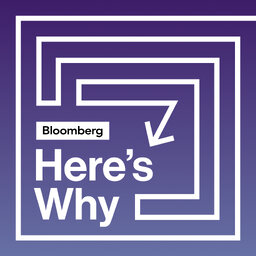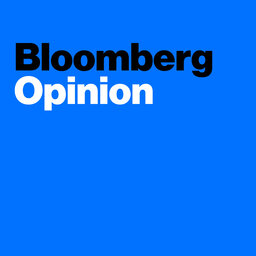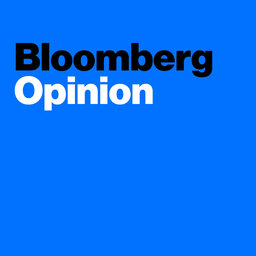Data Dependency and the Global Energy Pivot
Opinion columnist John Authers reflects on the week in markets and looks at the Fed's rate hike path. He explains why the phrase "data dependent" carries more meaning than it might seem. Opinion's David Fickling describes the unintended consequences of Russia's war in Ukraine as it relates to energy. And columnist Shuli Ren previews China's National People's Congress.
In 1 playlist(s)
Bloomberg Opinion
Deeper conversations on the week's most significant developments. Tune in and join in!Social links
Follow podcast
Recent clips

Introducing 'Here's Why' - Complex News Stories Explained
00:30

Airline Mergers and Restaurant Loyalty
35:20

Fossil Fuel Use and Drug Development
35:28
 Bloomberg Opinion
Bloomberg Opinion